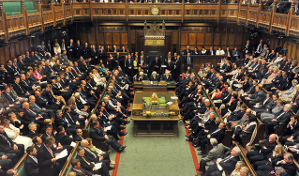E-cigarettes are fastest-growing category for convenience stores
15th February 2014 - News analysis |
E-cigarettes represent one of the biggest growth opportunities for convenience store retailers in the U.S., a new study suggests.
E-cigarettes represent one of the biggest growth opportunities for convenience store retailers in the U.S., a new study suggests.
Authorities in Taiwan have reiterated that the sale, import and manufacture of unapproved e-cigarettes is illegal in the country, and urged citizens to report vapers so that dealers can be tracked down – even though personal possession and use is permitted.
An Indian government ministry is interpreting a ban on tobacco advertising as extending to e-cigarettes too, raising further questions over how one of the world’s biggest markets will regulate the products.
Lorillard’s Blu e-cigarette now accounts for more than three percent of the tobacco giant’s entire business, and the brand is heading for a 50 percent share of the U.S. market.
The sale of e-cigarettes to under-18s is to be banned in England following heavy parliamentary favour for tighter smoking restrictions in a debate last night.
Consumers are more interested in the benefits of e-cigarettes than the politics surrounding them, but the overall e-cigarette concept may have caught imaginations more strongly than individual brands, a new social media study suggests.
Nicocigs is the latest British e-cigarette supplier to be criticised by the country’s Advertising Standards Authority (ASA) over misleading advertising.
Please wait while we redirect you to the UK reports…
Please wait while we redirect you to the reports page… Photo: Roman Boed
Please wait while we redirect you to the report page…
Get 7 days of FREE platform access: Demo our data contents without commitment



